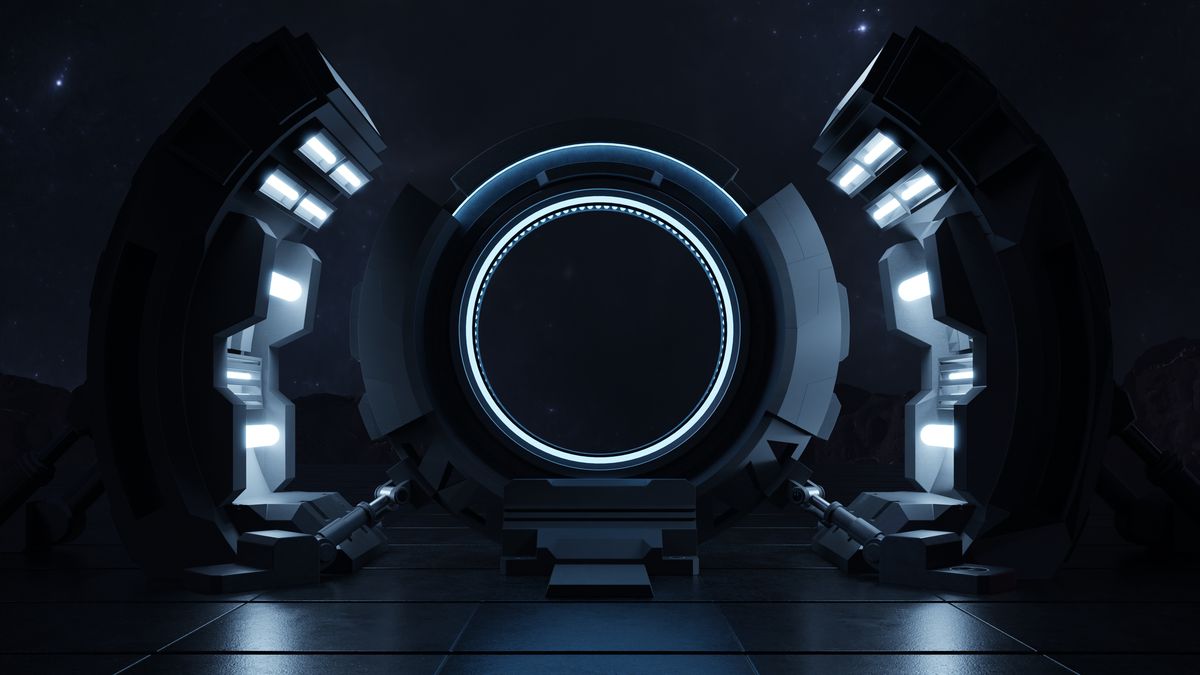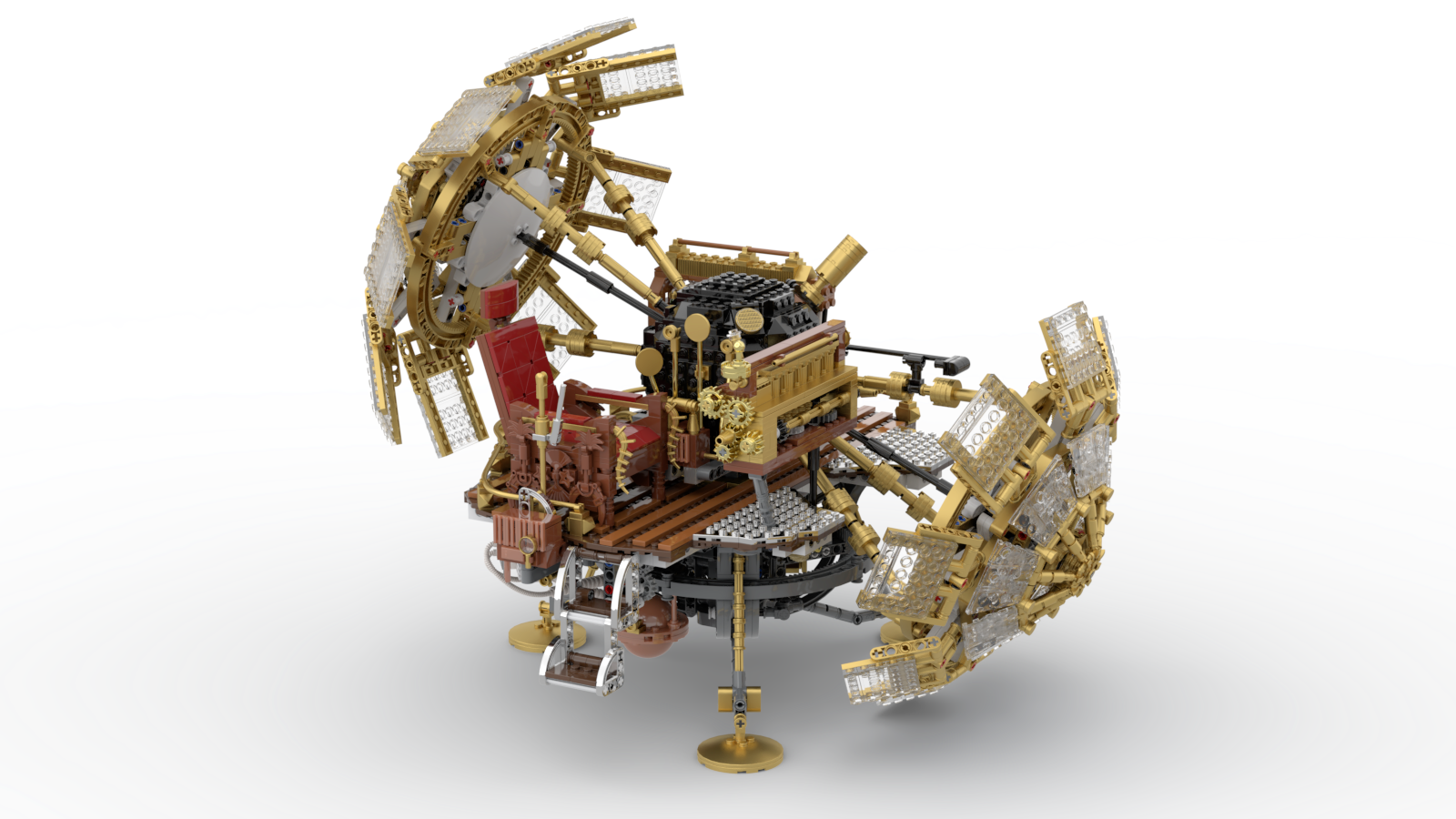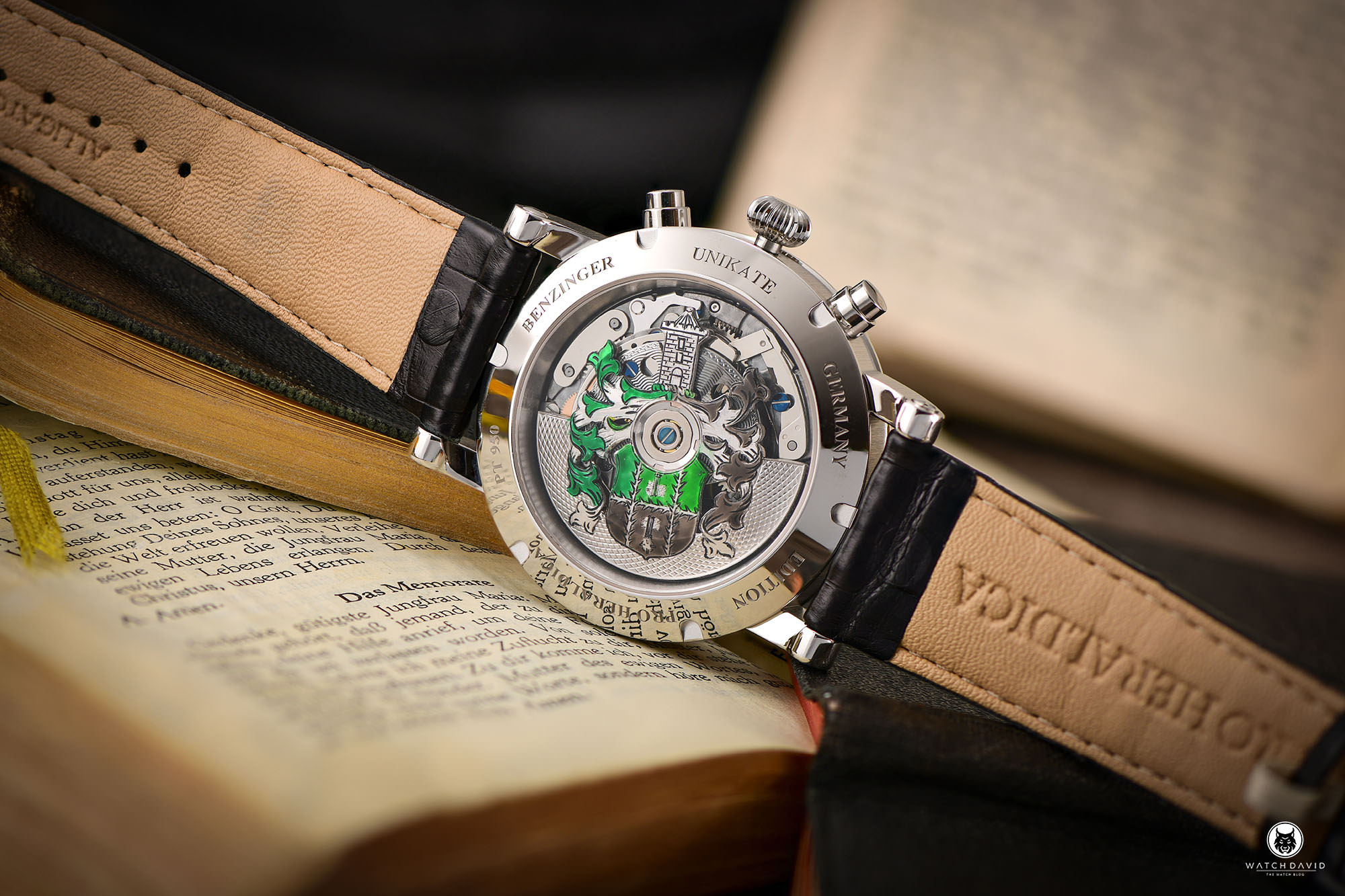Is Time Travel Possible ?
The concept of a time machine has been a subject of fascination and speculation for centuries. The idea of traveling through time, exploring the past or future, has captured the imaginations of scientists, writers, and dreamers alike. While time travel remains purely speculative and theoretical, this essay will delve into the concept, theories, and implications surrounding the idea of a time machine.
I. The Concept of Time Travel:
A. Definition and Possibilities:
Time travel refers to the hypothetical ability to move backward or forward in time, experiencing events that have already happened or those yet to occur. It raises intriguing possibilities, such as revisiting historical periods, witnessing significant moments, or gaining insight into the future. Time travel is commonly explored in science fiction literature, movies, and popular culture.
B. Theories and Paradoxes:
Theoretical physics offers several frameworks and concepts that discuss the possibility of time travel. Einstein's theory of relativity suggests that time can be influenced by gravity and motion, allowing for potential time dilation effects. Concepts like wormholes, which are hypothetical tunnels connecting distant points in space-time, have also been proposed as potential pathways for time travel. However, the existence and stability of such phenomena remain purely speculative.
Time travel theories often introduce intriguing paradoxes, such as the grandfather paradox, where a time traveler alters the past in a way that prevents their own existence. These paradoxes challenge the logical consistency of time travel and raise questions about causality and the nature of time itself.
II. Philosophical and Scientific Implications:
A. Philosophy of Time:
Time travel raises profound philosophical questions about the nature of time and its relationship to human experience. It forces us to confront the concepts of determinism, free will, and the possibility of altering past events. These philosophical debates have existed for centuries and continue to intrigue thinkers across disciplines.
B. Scientific Considerations:
From a scientific perspective, time travel presents significant challenges. The energy requirements and technological advancements necessary to manipulate space-time are currently beyond our capabilities. Moreover, the paradoxes associated with time travel, as mentioned earlier, raise questions about the logical consistency of such journeys.
III. Pop Culture and Time Travel:
Time travel has captivated popular culture, inspiring countless stories, books, movies, and television shows. From H.G. Wells' "The Time Machine" to the iconic "Back to the Future" trilogy, these narratives explore the adventure, consequences, and ethical dilemmas associated with time travel. Pop culture representations of time travel often blend scientific concepts with imaginative storytelling, capturing the public's imagination and fueling further speculation.
IV. Ethical and Practical Considerations:
A. Altering the Past:
One of the ethical dilemmas surrounding time travel is the potential to alter historical events. Changing the past could have far-reaching consequences, affecting the course of history and potentially creating paradoxes. The implications of tampering with the past raise questions about responsibility and the potential for unintended consequences.
B. Practical Challenges:
Even if time travel were theoretically possible, practical challenges would arise. Navigating the complexities of different time periods, ensuring personal safety, and maintaining coherence with the fabric of space-time present significant hurdles. The ability to interact with different cultures, societies, and technological advancements would require careful consideration and adaptation.
V. Conclusion:
While time travel remains a fascinating concept and a staple of science fiction, its realization remains purely speculative at this time. Theoretical physics offers intriguing possibilities, but significant scientific and philosophical challenges persist. Nonetheless, the idea of a time machine continues to ignite our imaginations, fueling creativity and expanding our understanding of the universe and our place within it. Whether time travel will ever become a reality or remains confined to the realm of fiction, it serves as a testament to the boundless human curiosity and our perpetual quest for knowledge and exploration.






Comments
Post a Comment